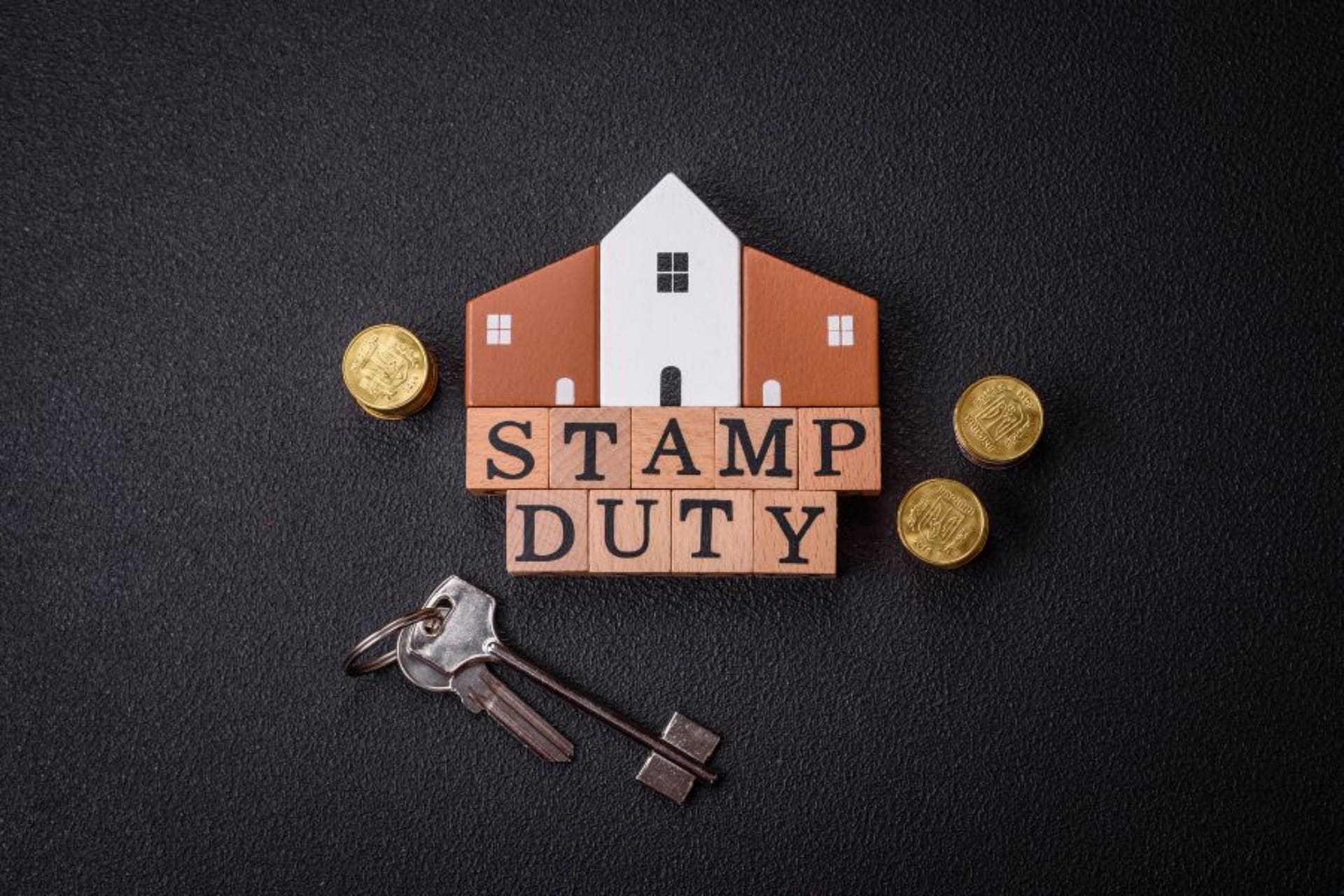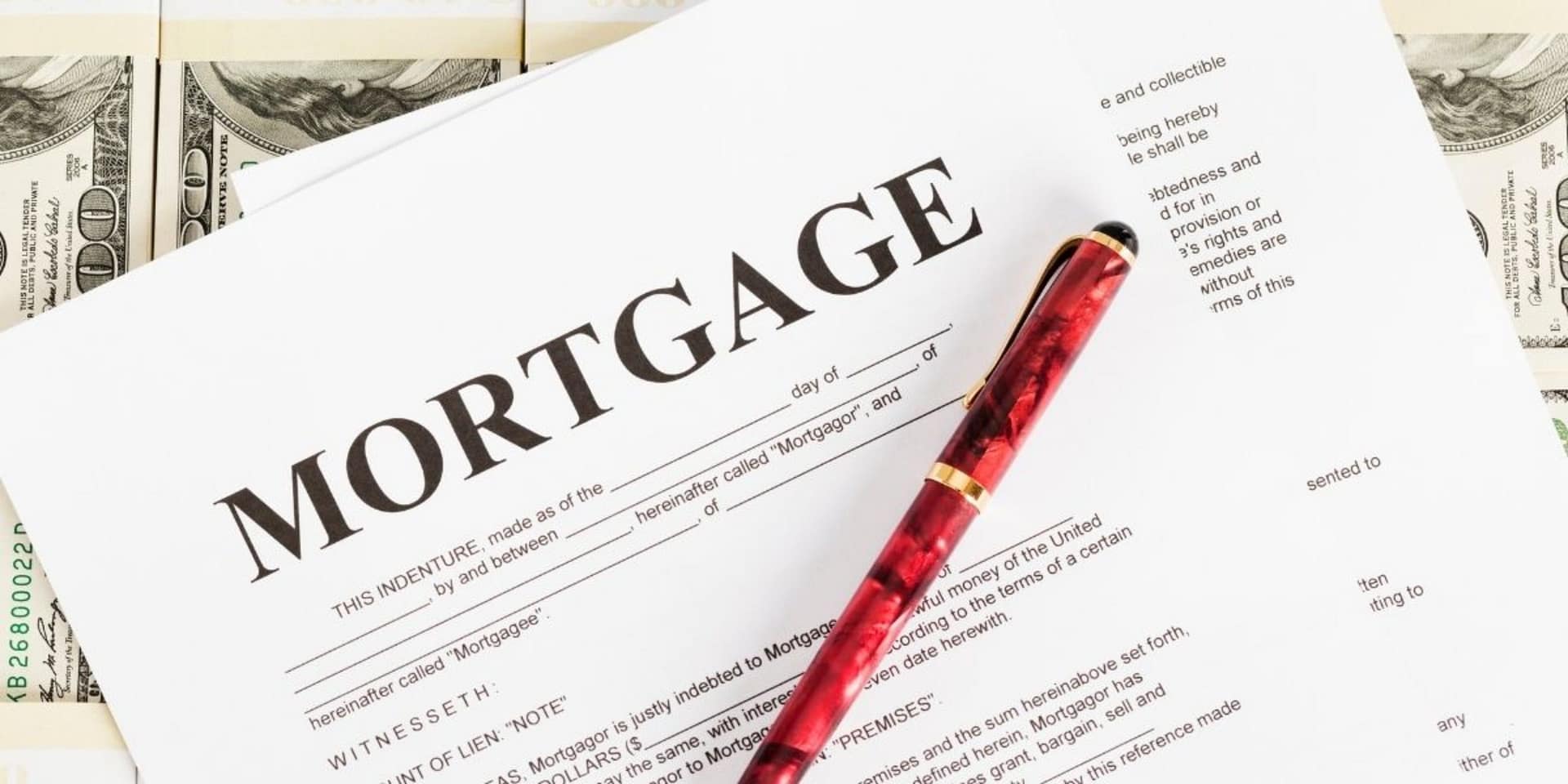Property tax is a fundamental cost for Australian property owners, but it’s often misunderstood. Whether you’re buying your first home or managing multiple investments, understanding property tax is key to budgeting and making informed decisions.
In Australia, property tax can include state-based land tax, council rates, and other levies that vary by property type and location.
This guide will answer some of the most common questions, from explaining what property tax is to clarifying who is responsible for paying it during a property transaction.
I. What Is Property Tax in Australia, and How Does It Work?
Property tax is a government levy applied to land and property, helping fund local services and infrastructure. In Australia, property tax is often referred to as land tax and is generally paid annually by property owners.
This tax goes toward supporting public services, such as schools, roads, hospitals, and emergency services, which benefit communities.
Property tax in Australia works a bit differently depending on the state or territory you’re in, as each has unique rules and rates. The government determines property tax based on the value of the land rather than the property as a whole.
This land value, assessed by a valuer-general or a similar authority, excludes any buildings or improvements on the land and only considers the land’s market value.
However, property tax isn’t universal for all types of property. For instance, primary residences (homes you live in) are typically exempt, though you might still have to pay property tax on investment properties or vacant land. Knowing whether your property is exempt from tax can help you avoid unnecessary payments.
II. How Is Property Tax Calculated on My Home or Investment Property?
The property tax amount you owe depends on the land’s value and the tax rate set by the state or territory government. Here’s how it generally works:
Land Valuation: A government-appointed valuer determines the land’s value. This valuation usually occurs annually or biennially, depending on the local regulations.
Tax Rate: After valuation, your property tax rate is applied to the land’s assessed value. Each state or territory has its own tax threshold and rate brackets that impact the tax you pay.
For example, in New South Wales, property tax rates increase as the land value goes up. Other states, like Victoria, have different threshold rates, which can lead to different tax amounts.
Exemptions and Concessions: You may qualify for exemptions or reduced rates. For instance, if the property is your primary residence, you’re usually exempt. Some concessions are also available for certain groups, like pensioners or individuals with disabilities.
To calculate an estimated property tax for an investment property in your state:
Look up the tax-free threshold for your state.
Multiply the taxable land value by the tax rate, then add any additional fees or base charges that might apply.
Each state and territory has its own calculation method, so check your local government’s website or consult a conveyancer to ensure you have the correct rate.
III. What Are the Different Types of Property Taxes in Australia?
Australia has several types of property-related taxes. Here’s a breakdown of the most common ones:
1. Land Tax
Land tax is a state-based tax levied on the value of land only. It applies to investment properties, holiday homes, and vacant land but is typically exempt for primary residences. Land tax rates vary from state to state and can increase based on the property’s value or if it exceeds a particular threshold.
2. Council Rates
In addition to land tax, homeowners also pay council rates. Council rates are set by local councils and fund local community services like rubbish collection, parks, libraries, and road maintenance.
The council rates are calculated based on either the land’s value or a combination of land and property improvements. They apply to both primary residences and investment properties.
3. Stamp Duty
When you purchase a property, you’ll likely have to pay stamp duty—a one-off tax based on the property’s purchase price. This tax is separate from property tax and is usually paid at the time of transfer. Like land tax, stamp duty rates vary between states and are usually higher for investment properties than for primary residences.
4. Capital Gains Tax (CGT)
While not directly a property tax, capital gains tax applies when you sell an investment property. CGT is calculated on the profit made from the sale, with tax rates applied based on how long you’ve owned the property. Primary residences are generally exempt, but if you’re selling an investment property, this tax may apply.
5. Foreign Investor Taxes
Foreign property investors in Australia are subject to additional taxes and surcharges. These include an extra land tax surcharge in some states and higher stamp duty rates. These taxes aim to limit foreign investment in Australian property markets, keeping the housing market more accessible for local buyers.
Also Read: Do I Pay Capital Gains When I Sell My House?
IV. Who Is Responsible for Paying Property Taxes in a Property Transaction?
During a property sale, it’s crucial to understand who is responsible for paying property taxes. Here’s how it generally breaks down:
Current Property Owners: Until the property is sold, the current owner is responsible for paying all outstanding property taxes, including land tax and council rates. Before settlement, sellers typically ensure all property tax payments are up to date, as buyers don’t want to inherit unpaid taxes.
Property Buyers: After settlement, the new owner assumes responsibility for ongoing property taxes. However, at settlement, a process called adjustments occurs, where both the buyer and seller share the year’s property tax and council rate costs up to the settlement date.
This means the buyer reimburses the seller for any prepaid taxes covering the period after the sale.
Investment Properties: If you’re buying an investment property, keep in mind that property taxes will become part of your ongoing expenses. You may also be eligible for tax deductions if the property is rented out, as certain property taxes can be claimed as expenses.
Foreign Buyers and Additional Costs: Foreign buyers should be aware of extra tax obligations, as they may face higher rates and additional taxes on property ownership, depending on the state.
Understanding who is liable for property tax at various stages of the buying or selling process helps to avoid unexpected costs and ensures a smooth property transaction. Your conveyancer can guide you through any necessary property tax adjustments and ensure all outstanding taxes are properly allocated between the seller and buyer.
Also Read: What is the Tax Applicable To All Foreign Buyers In Queensland?
The Benefits of Knowing Your Property Tax Obligations
Being aware of property tax obligations not only ensures compliance with the law but also allows property owners and investors to budget effectively. Understanding property tax rates and potential exemptions helps make better financial decisions, and consulting a conveyancer can simplify the process.
Property tax is a significant expense for most property owners, and knowing how it works can relieve stress and prevent surprises.
Thinking of Buying or Selling? Get Expert Help from CJC Law
Understanding property tax is essential for all property buyers and investors. At CJC Law, we have the expertise to guide you through every step, from calculating property tax obligations to preparing for settlement.
Let our experienced conveyancers for sellers make the process seamless for you. Contact us today to get personalised advice and ensure a smooth property journey!




